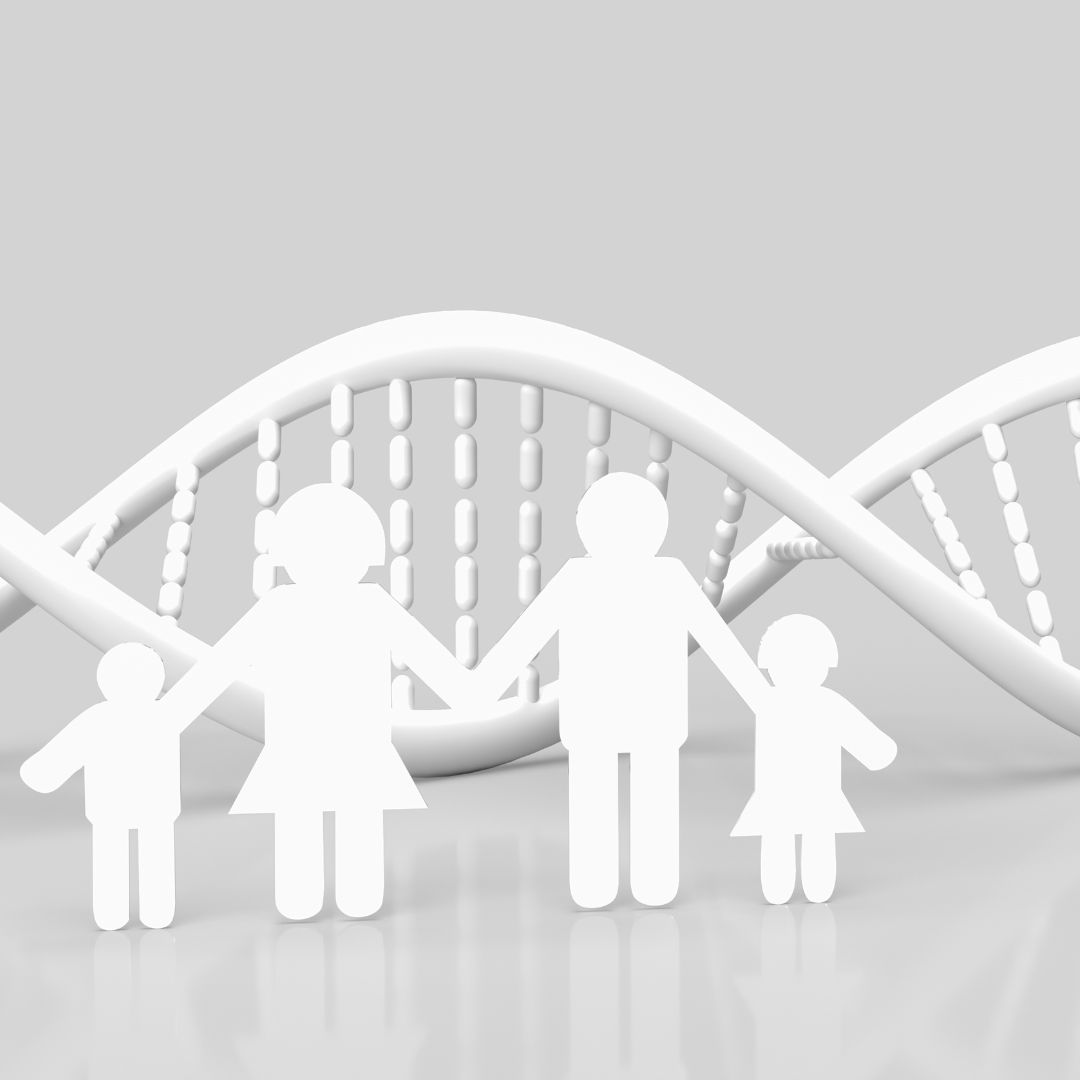
Did you know that conscientiousness is the most important trait that affects your work performance and longevity? This personality trait is one of the most crucial personality traits you can possess. Now, you might be wondering, What exactly is conscientiousness?
Simply put, conscientiousness is your tendency to be organized, hardworking, disciplined, careful, punctual, and to follow rules. It’s no wonder that if you possess these qualities, you’ll be quite successful at what you do – especially in the workplace.
But what about longevity?
According to a study on personality traits, highly conscientious people are often healthier than people who lack this trait, and could live longer. Why? Because those who are conscientious are more likely to follow and maintain healthy diets, exercise, and follow basic safety protocols like wearing seat belts or helmets.
Conscientious individuals often exercise self-discipline and self-control to pursue their goals. Since they are quite organized and able to postpone instant gratification, they ultimately end up achieving their goals by staying focused on the big picture.
You probably know someone who exhibits conscientiousness. All of us have that one friend or family member who works diligently, stays organized, follows rules, takes care of their health and fitness, and always shows up on time. We often admire their capabilities and secretly wish we could be more like them.
Benefits of Conscientiousness
Although a single personality trait isn’t enough to judge a person and their capabilities, it gives us a blueprint of what to expect from that person. In that regard, below are a few key benefits of being conscientious:
Higher Income
There’s a lot of research linking conscientiousness with income parity. For example, a National Institute of Aging study found that this trait is closely linked with career success. As per the study, “men with a self-directed personal orientation (Conscientiousness) earn higher salaries over a ten-year span…”.
Another prominent example is Paul Tough, who in his book How Children Succeed: Grit, Curiosity and the Power of Hidden Character says:
“…at this point (conscientiousness is) emerging as one of the primary dimensions of successful functioning across the lifespan. It really goes cradle to grave in terms of how people do.”
All of it makes sense because if you are hard-working and disciplined about work and life, you’ll easily outperform those who aren’t. When you do this simple math, it becomes clear why the trait is often linked with a higher income and job satisfaction.

Better Health
As stated earlier, people with this character trait enjoy better health. It’s a simple matter of being vigilant of what you eat and sticking to a proper workout routine. Unlike habitual procrastinators, conscientious individuals are more likely to not skip their workouts or diets.
A study by the American Psychological Association (APA) found that “participants who were more conscientious when they were 26 years old were more likely to be in much better health at age 38 than those who were low in that personality trait”.
This study also concluded that this trait is your best bet for good health among the big five traits of openness, conscientiousness, extraversion, agreeableness, and neuroticism (known together as OCEAN).
In day-to-day life, you’ll find that those who aren’t disciplined and particular about their levels of fitness are more likely to be overweight than those who are. Since conscientious people have an active lifestyle, the frequency of health-related issues they face is rather low.
Healthier Relationships
The personality trait of conscientiousness is not only limited to career success and health but also influences your personal and romantic relationships. A US study examined 2,203 older couples and found husbands’ conscientiousness influenced wives’ health and vice versa.
To verify this finding, another survey of 182 romantically involved couples aged from 18 to 78 took place. Each person completed the questionnaire separately from their partner. The results showed that people who had partners with higher levels of conscientiousness reported having a better quality of life.
Not to mention that a conscientious person is more likely to remain loyal to their partner. If you have someone like that, you are in luck.
See if the following sounds true: your lover puts in great effort to keep you happy. They’re on time for dates and don’t keep you waiting. They might have a high EQ and are always there when you need them.
This is a combined sense of love and duty they feel towards you. The best part is this trait is so ingrained in their psyche that it’ll always be there.
What is the Opposite of Conscientiousness?
What do you think is the opposite of conscientiousness? Is it being unprincipled? Or inactive?
It’s simply putting off doing something, being careless, or completely negligent of your responsibilities, career, health, loved ones, or anything else that’s important.
What does someone who lacks conscientiousness act like? Often, these people drift through life with no real intent, they’re notorious for being late or disorganized, they often procrastinate and lack the self-discipline to work hard. They often miss deadlines and frustrate their boss.
On the flip side, those who lack conscientiousness are often considered to be quite easy-going, spontaneous and flexible.
While disciplined, conscientious people are more likely to reap rewards of hard work and enjoy the fruits of their labour, those who lack the trait can be quite successful as well.
It’s considered more difficult for someone who lacks conscientiousness to become successful. So, when this happens, it’s likely because they have some sort of talent, creative mind, or are highly intelligent and achieve success even without business acumen or an organized workflow.
Those who lack conscientiousness often become self-employed entrepreneurs because their bosses got so frustrated with them at their 9-5 job, they realized they’re better off being their own boss.

Comparing Those With and Without Conscientiousness in the Workplace
Let’s consider the following scenario: your boss sits you down for feedback. He or she says you are not diligent enough. He or she points out that you have missed several deadlines and are often late for work. You also demonstrate a pattern of failing to remember important details and have a low productivity score.
The above are examples of what the opposite of conscientiousness looks like, and the above are some of the cons of not being conscientious.
It’s possible that the work you produce is of amazing quality, but if you keep up with this careless behaviour, they’ll have to let you go.
In this hypothetical scenario, your lack of conscientiousness has likely caused you to feel anxious, sad, or fearful.
Now let’s consider the opposite scenario, and in this scenario, it’s clear that you are conscientious. Your boss sits you down with a jovial smile. He or she says you are an asset to the company. It is pointed out that you’ve done well across several projects, quite efficiently, and you demonstrate a pattern of remembering important details. Your boss is quite happy with your work and gives you a raise. He or she also informs you that if you keep up the good work, you’ll get a promotion soon.
In this hypothetical scenario, the conscientious person leaves the meeting with their boss feeling motivated and happy.
If conscientiousness can be that beneficial in the workplace, imagine what it can do for your love life, family relationships, and personal health.
Is Conscientiousness a Genetic Personality Trait?
Genetic factors account for approximately 49% of conscientiousness. Some people are ‘balanced’ when it comes to this personality trait, which means they’re sometimes disorganized and easy-going, and other times they’re disciplined and organized. Others are more extreme and fall on the higher or lower end of conscientiousness.
Even if you don’t possess conscientiousness, it’s a personality trait that you can develop. You can incorporate it one small step at a time. Begin with being more organized at work and more conscientious of deadlines. Then move on to take more care of your partner’s needs, and so on. This is a personality trait you can work on if it doesn’t come naturally to you.







This Post Has One Comment
Comments are closed.